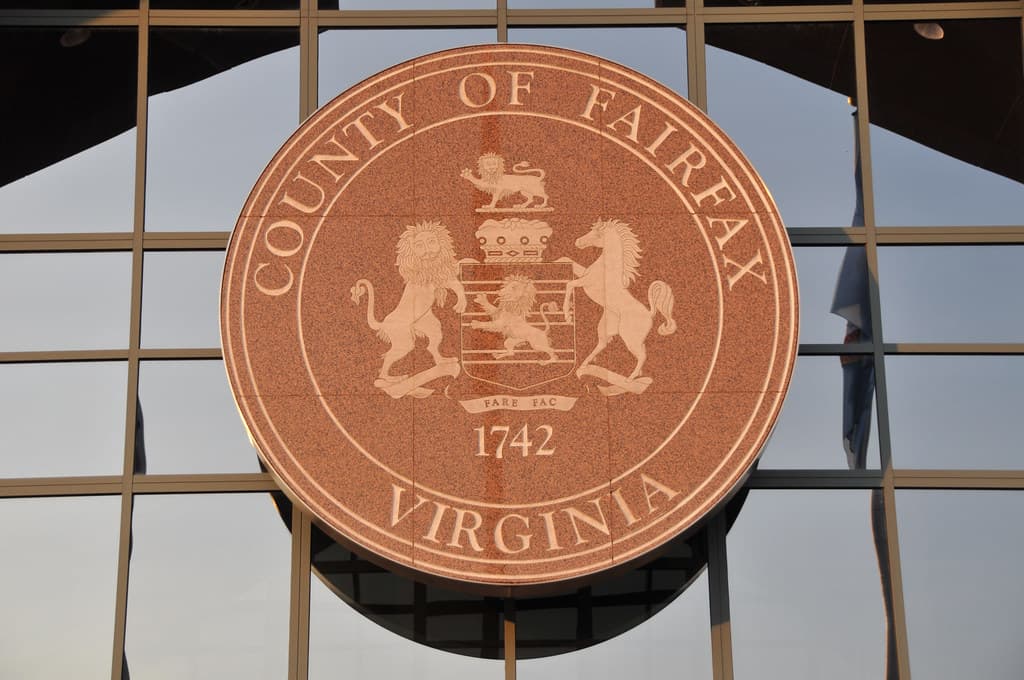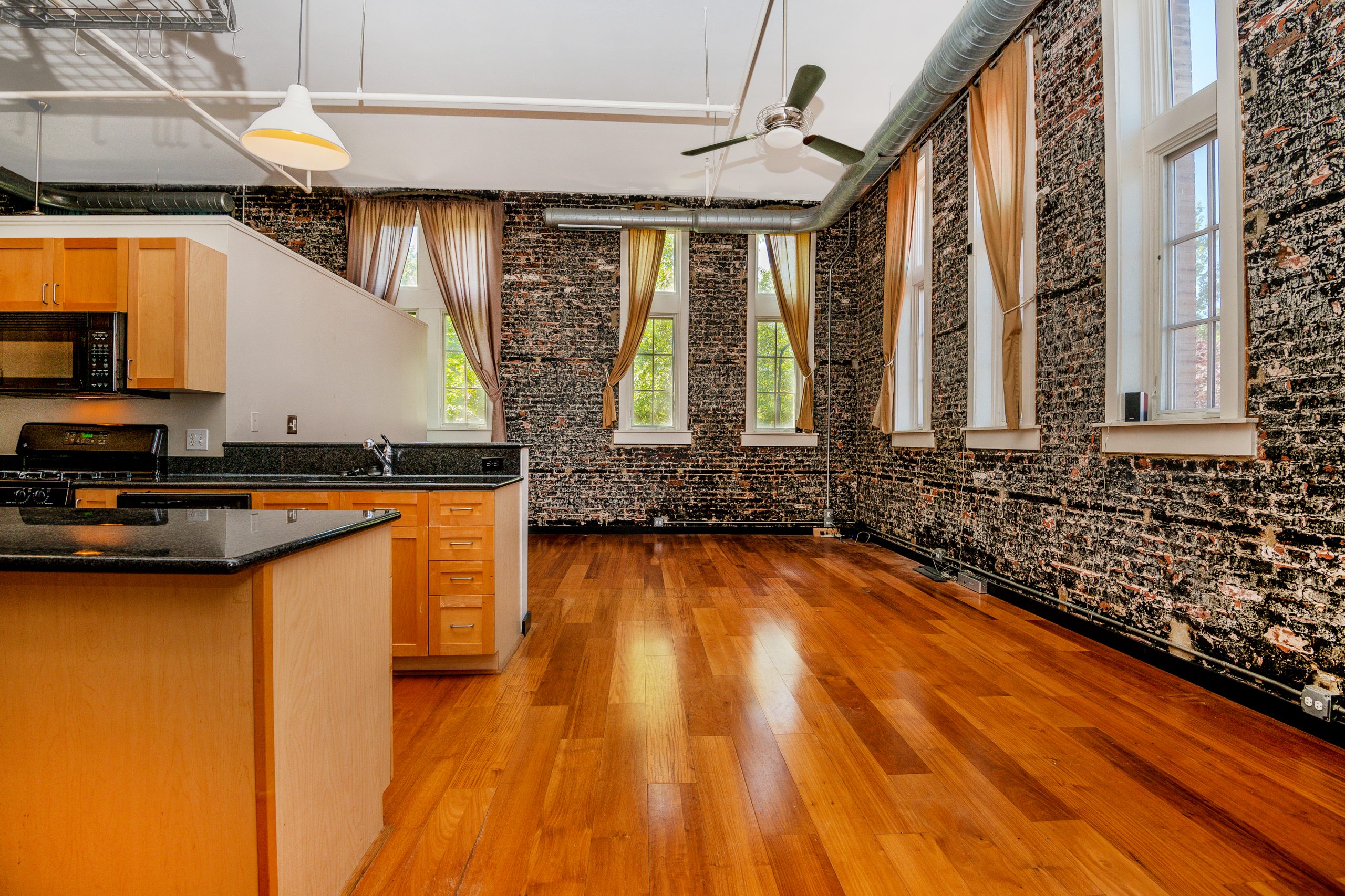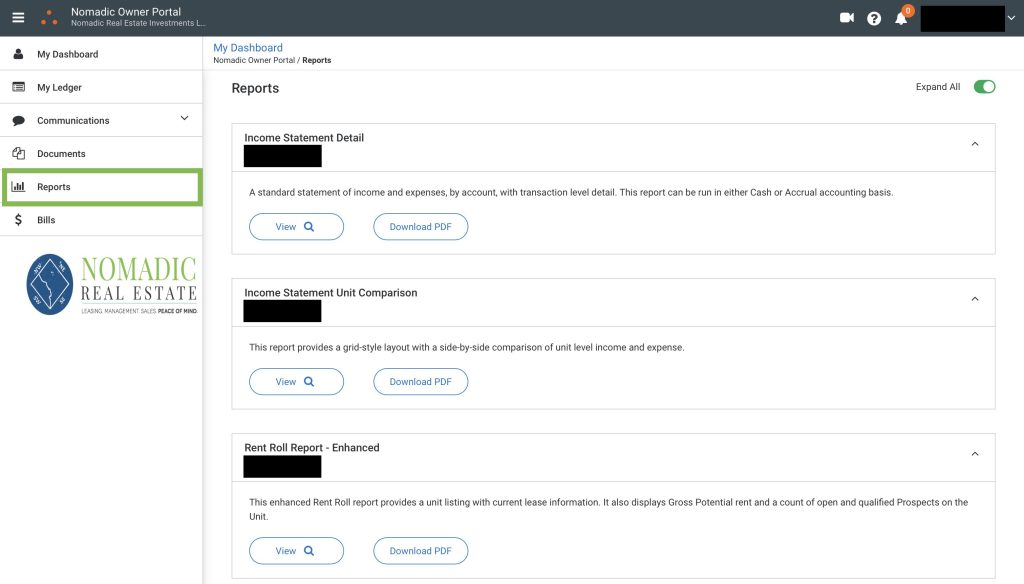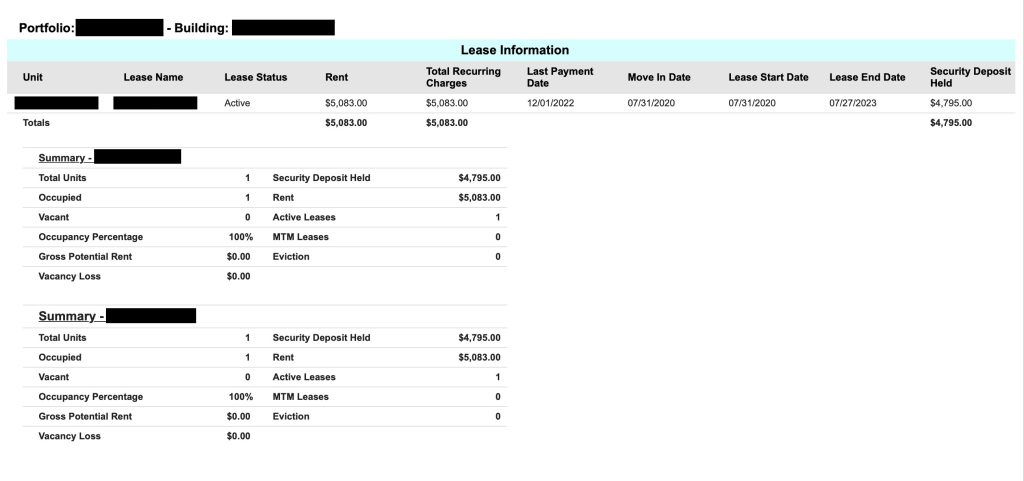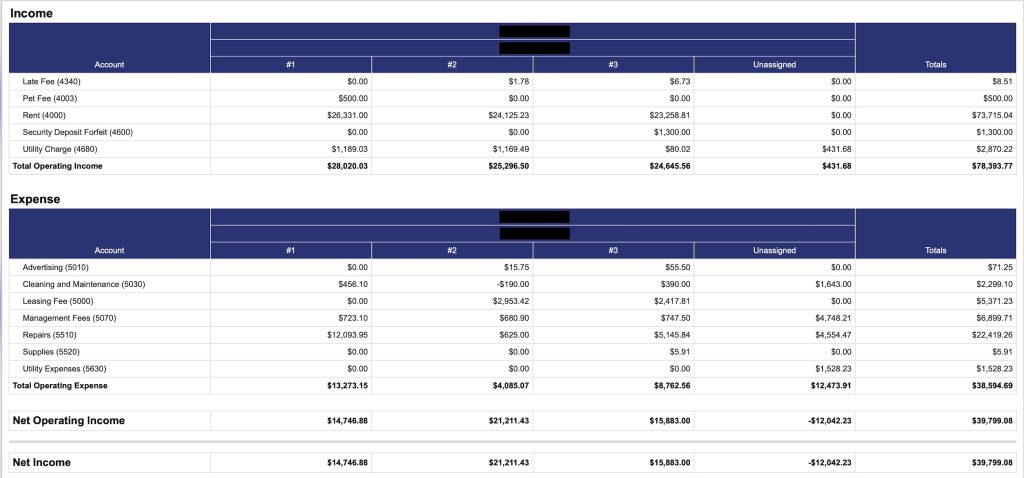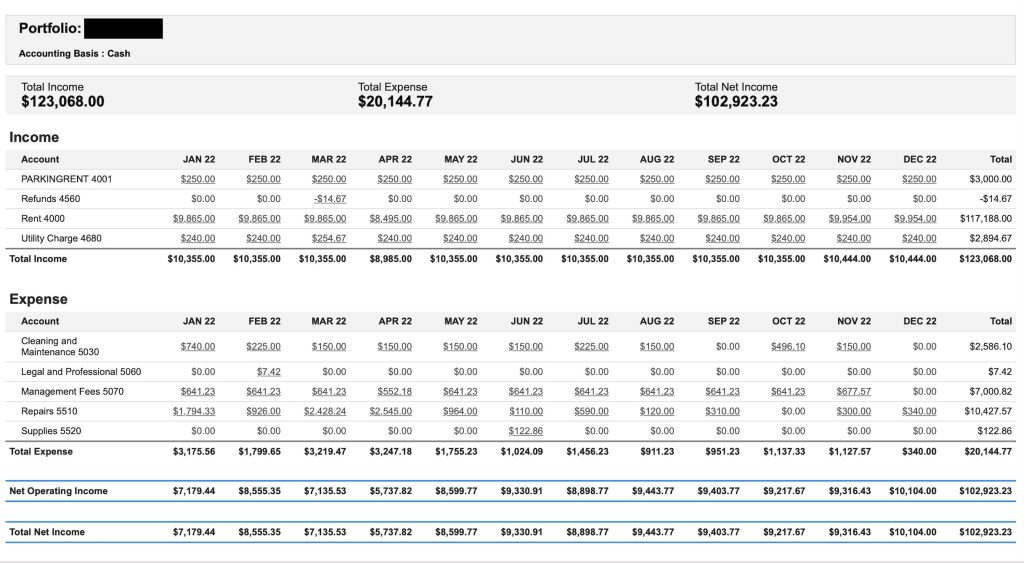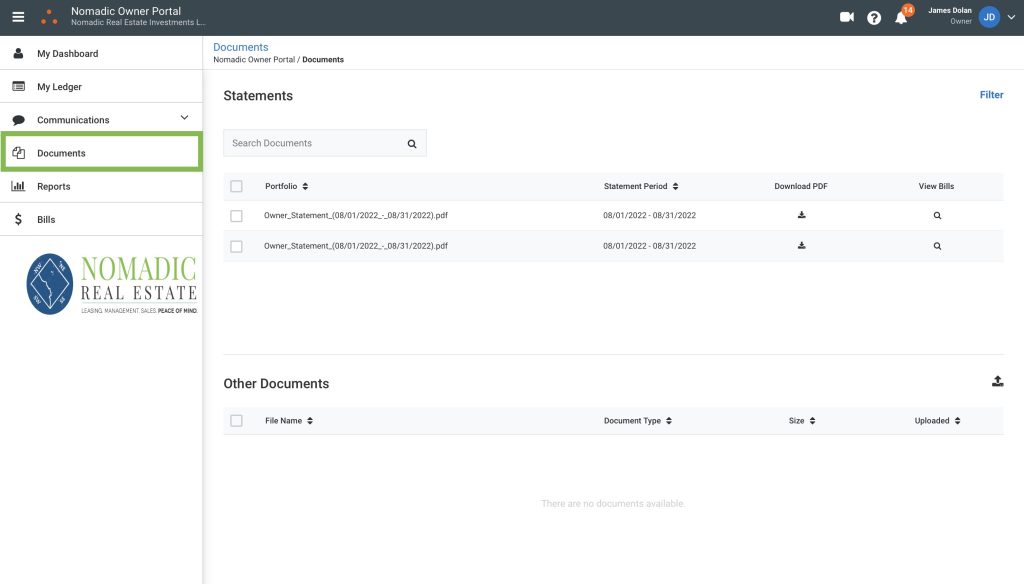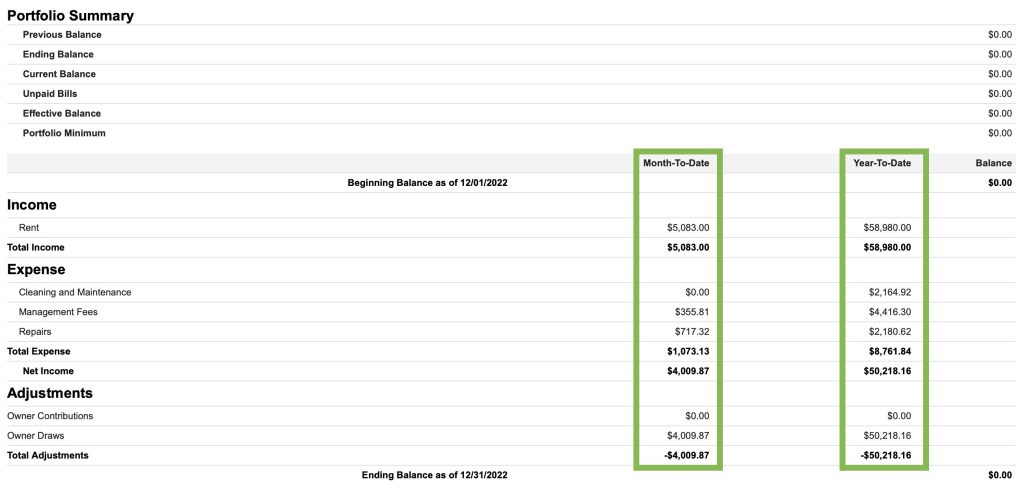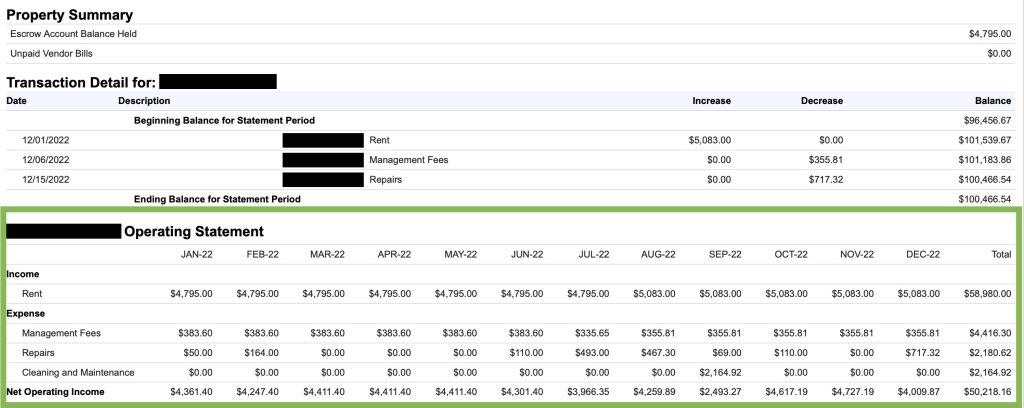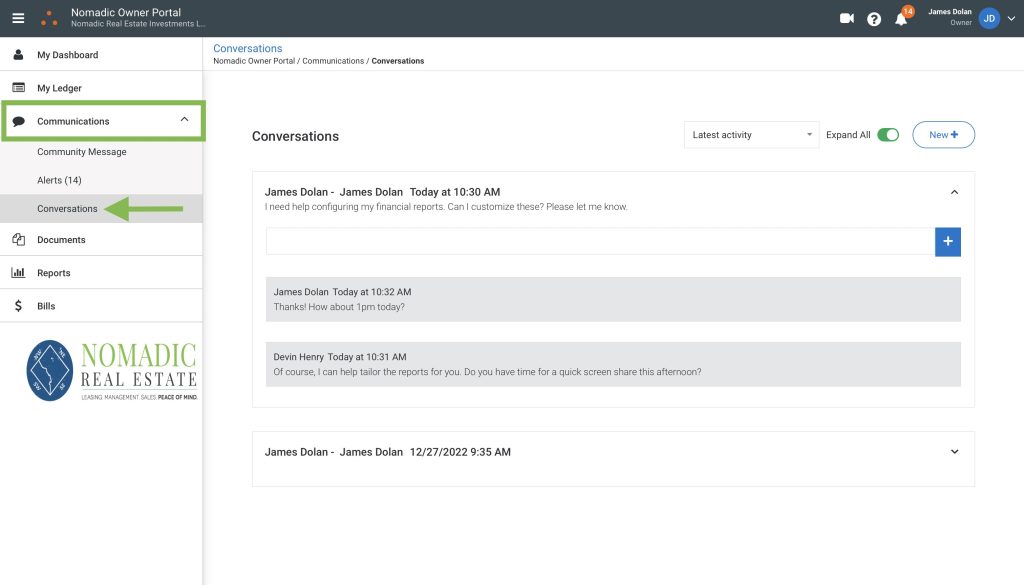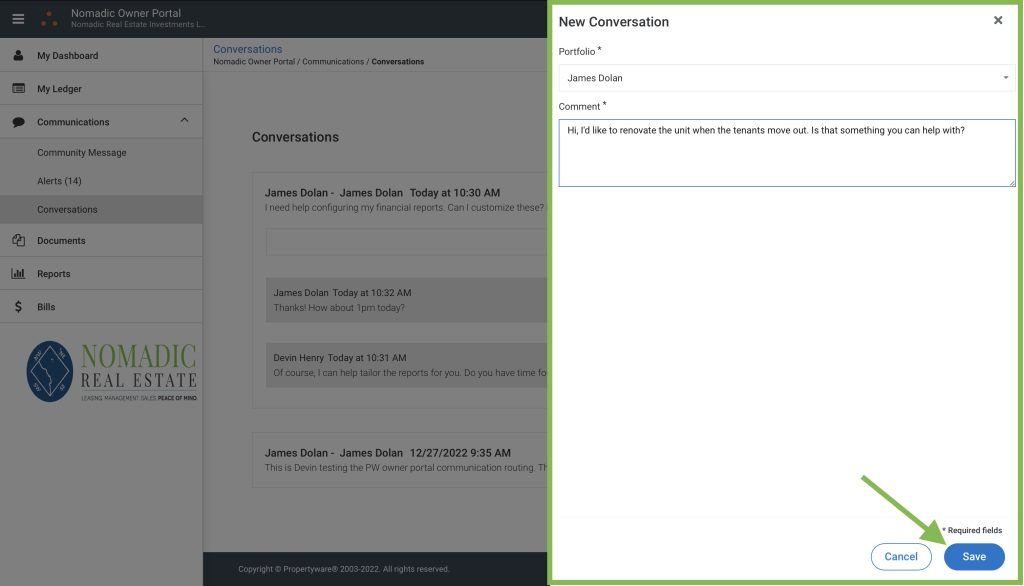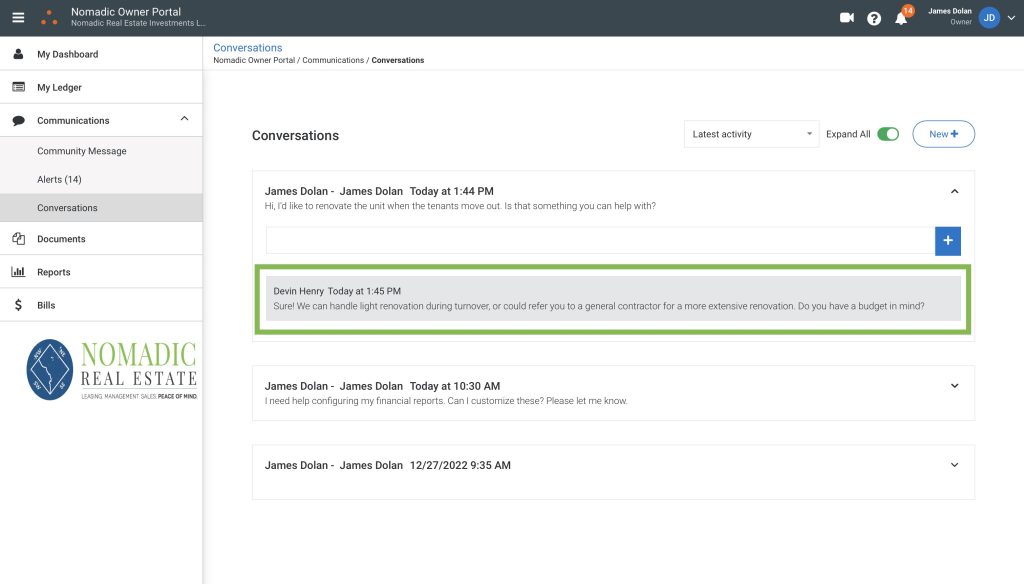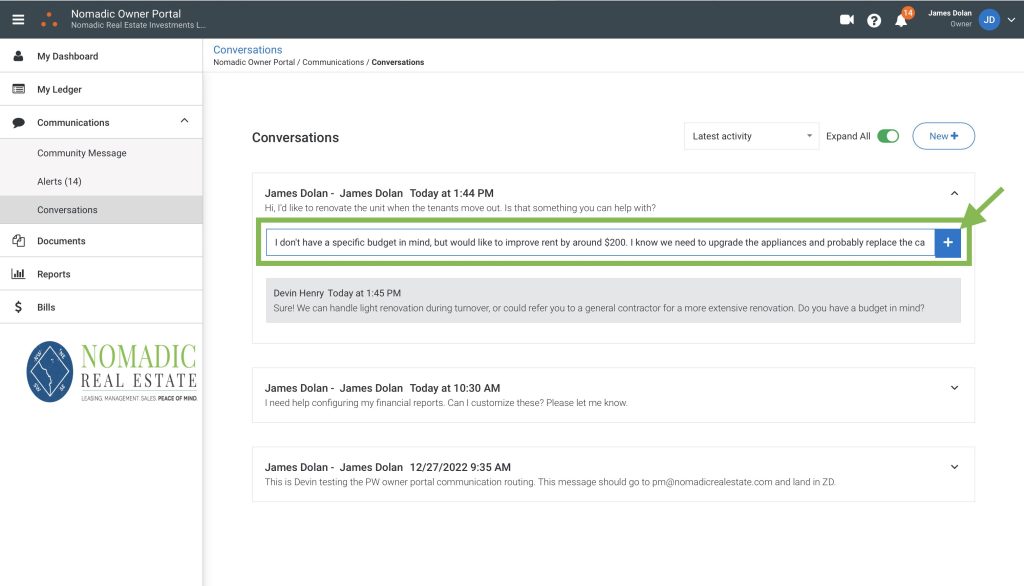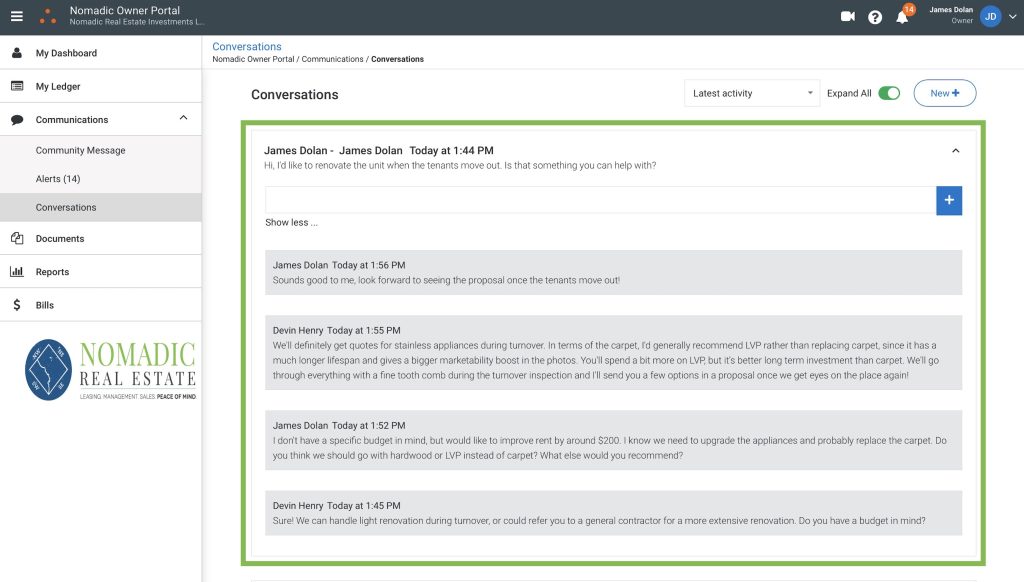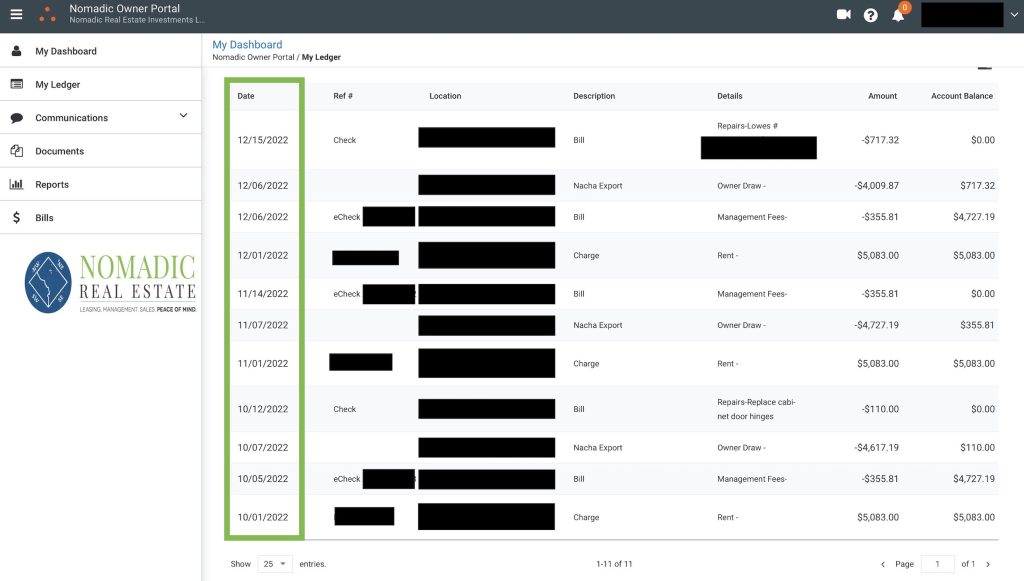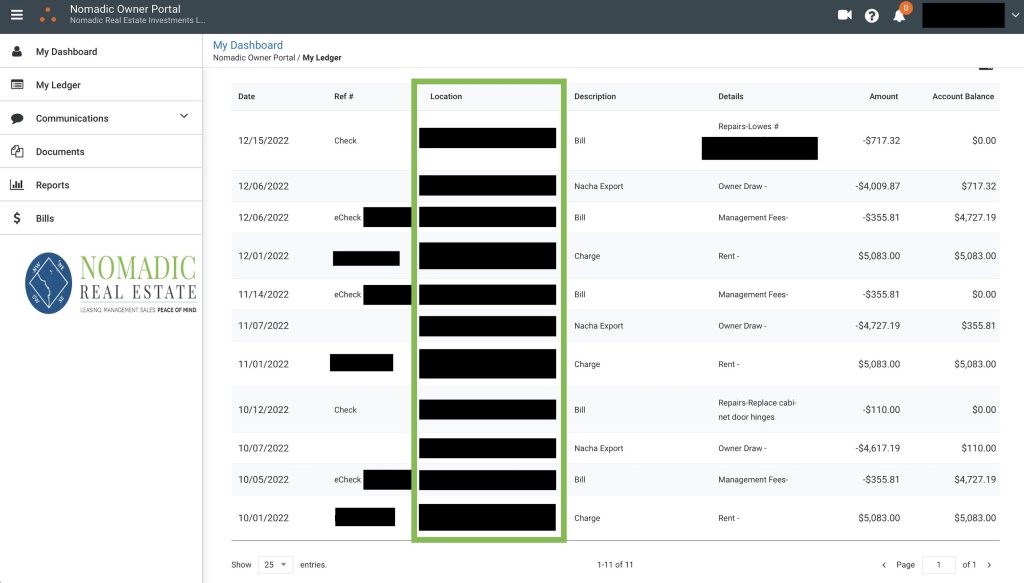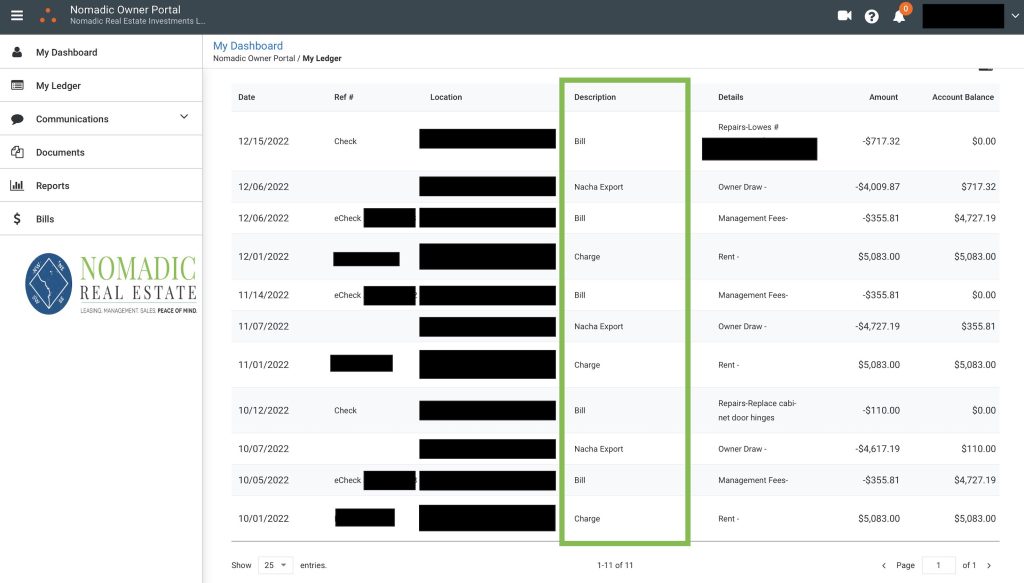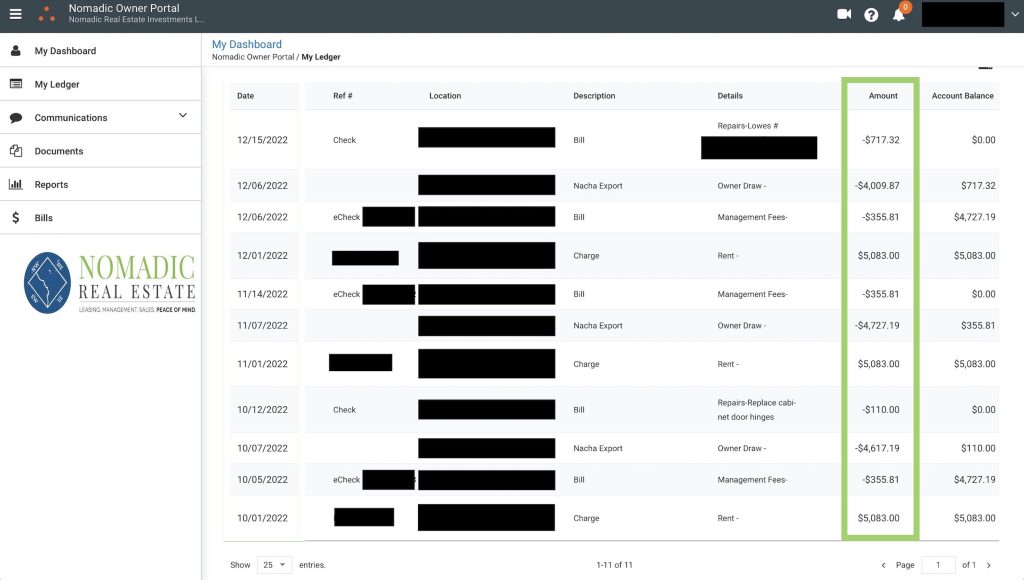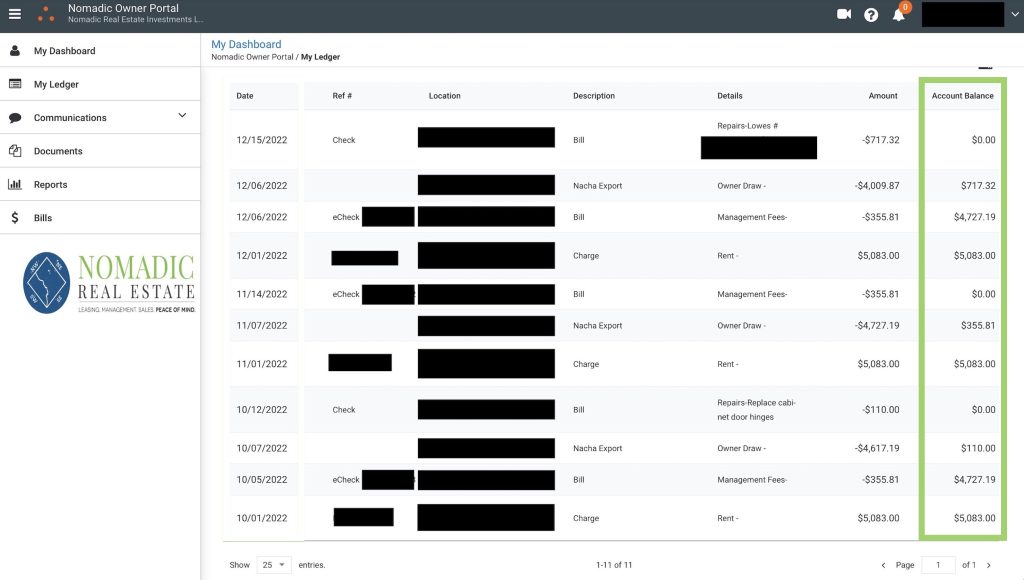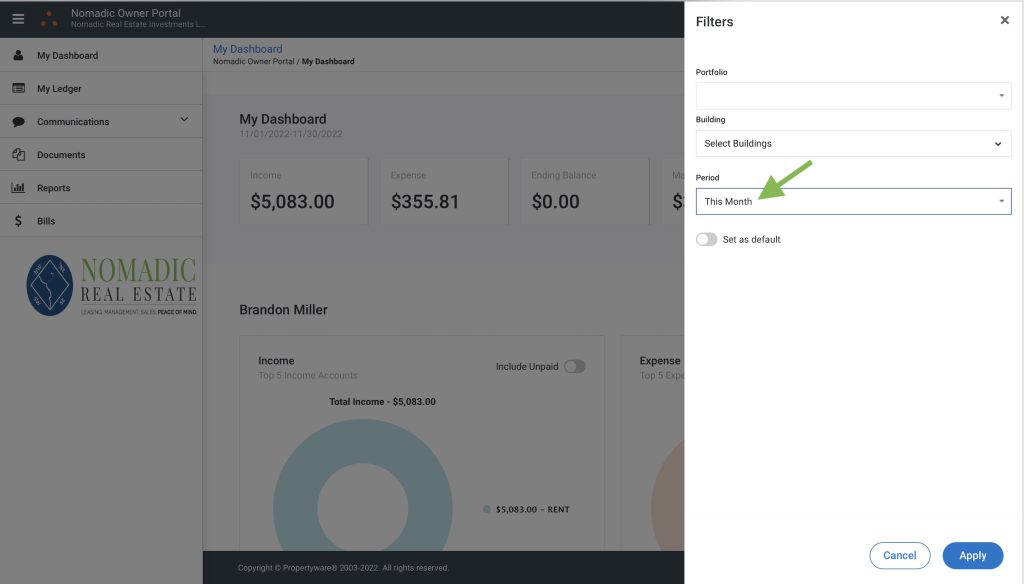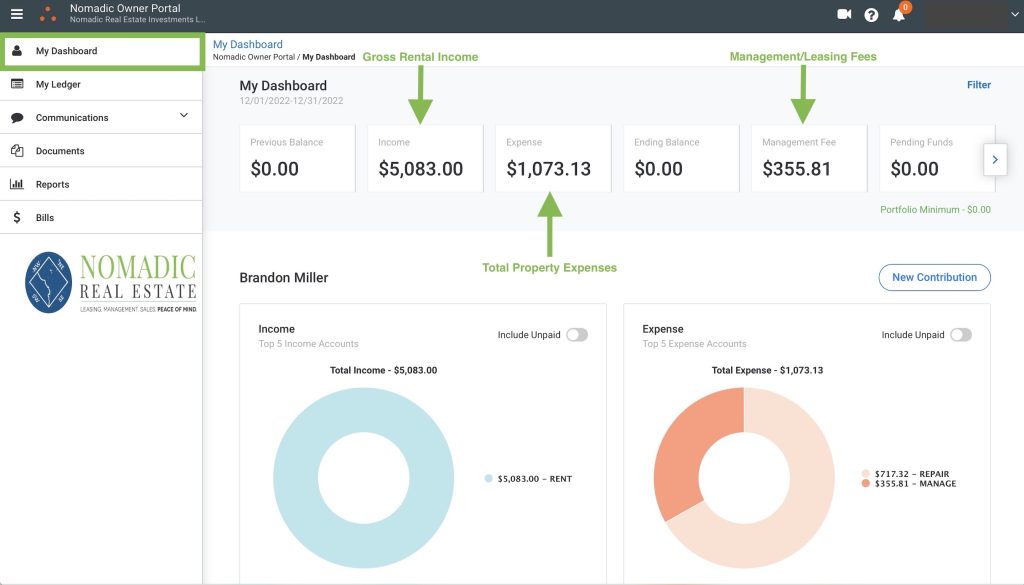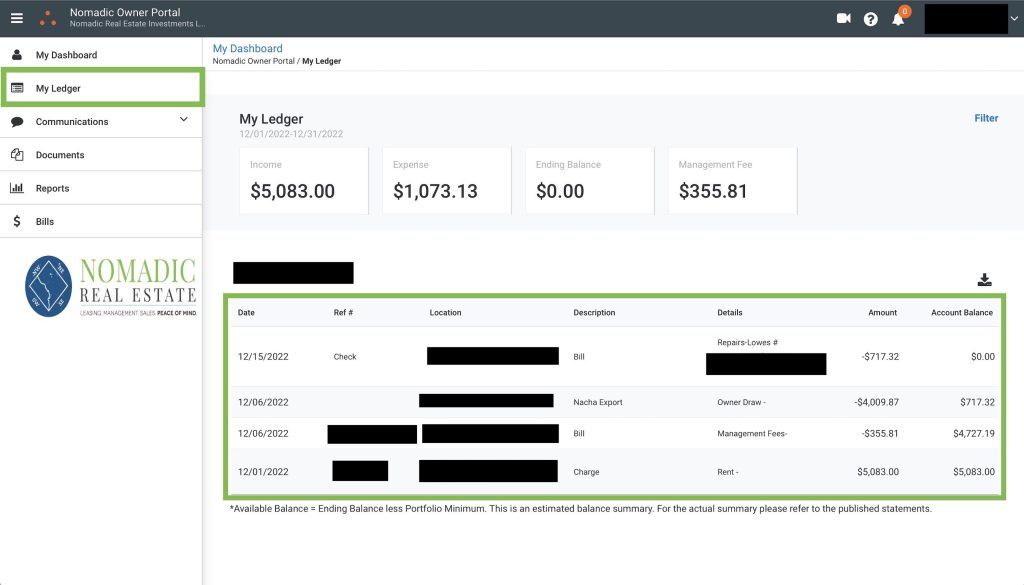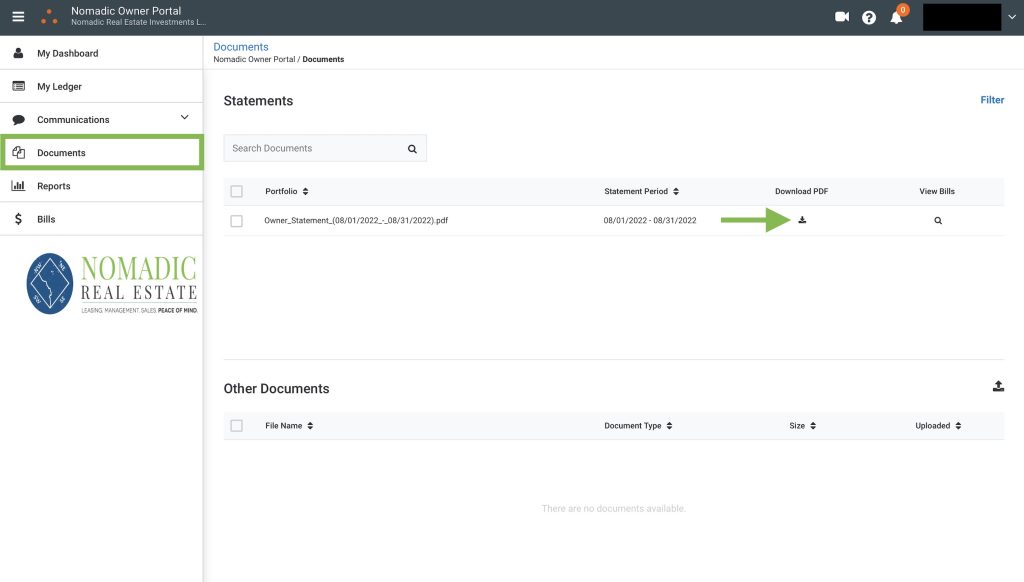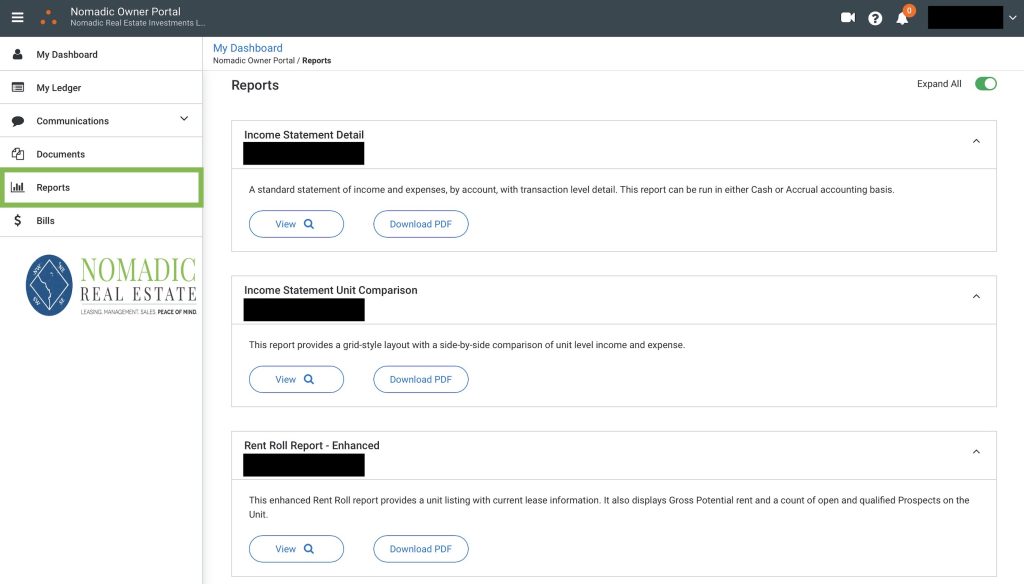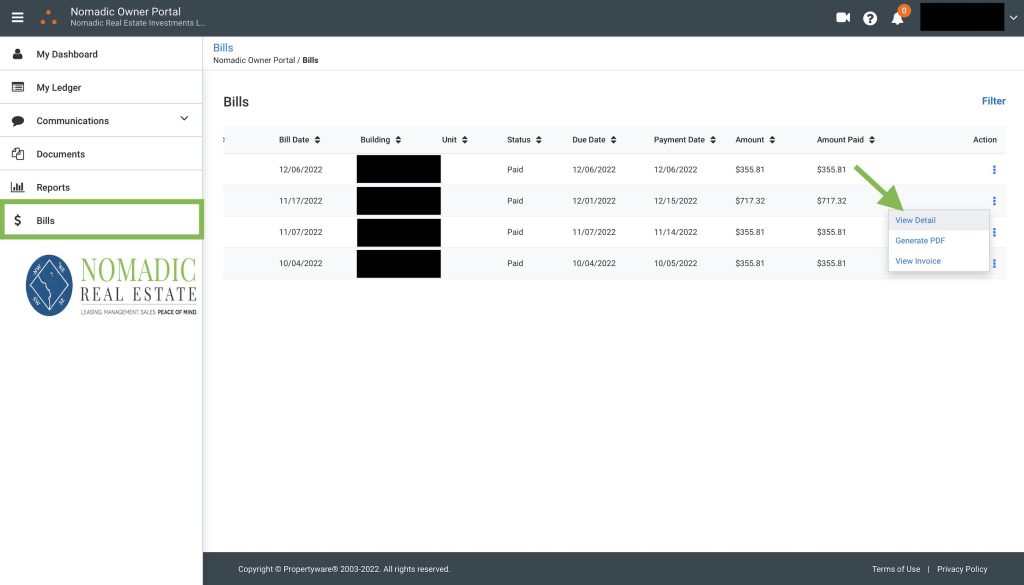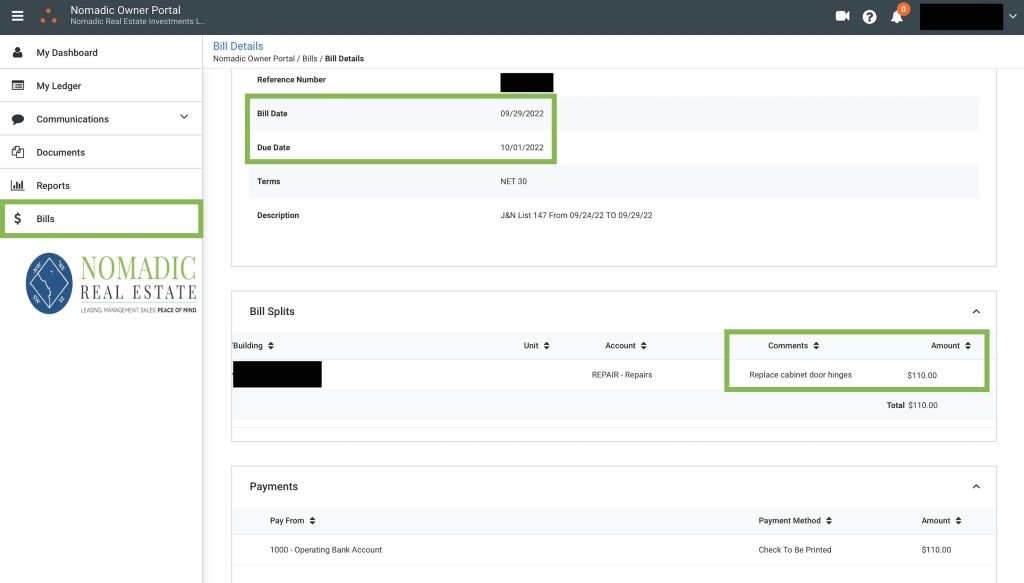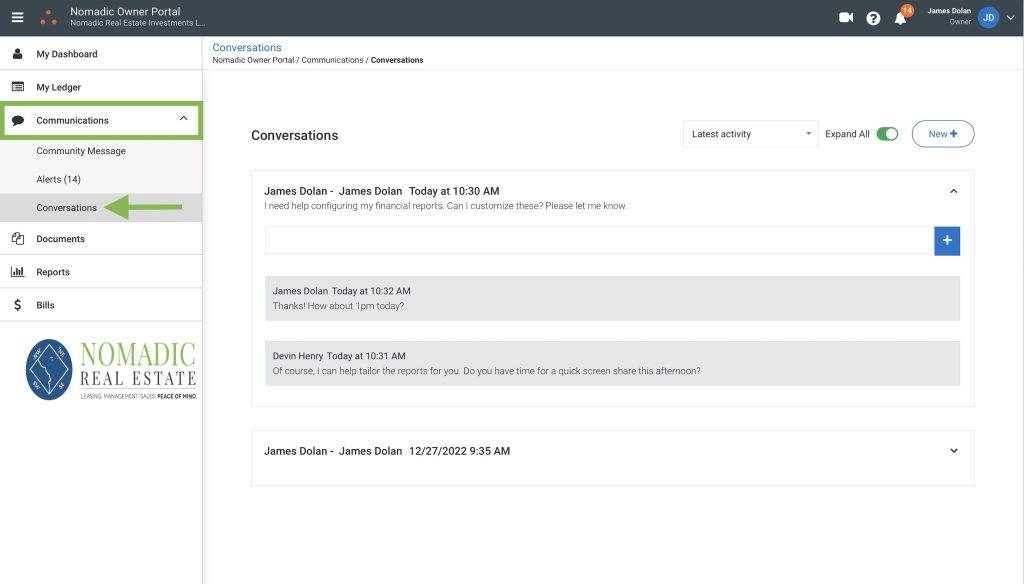Deciding to invest in real estate is a big decision no matter which type of property you’re considering, but buying a condo involves nuances that are different from purchasing a single-family home. We’ve outlined a few things you should take into account before acquiring an income property in a condo complex.
What Is an Income Property?
An income property is one that you purchase to derive a profit by renting or leasing the space to others. Any type of real estate is eligible to become an income property — from apartments to farmland — so long as a tenant is renting it from you. These types of real estate investments can be a great way to diversify a portfolio or generate long-term retirement income.
Condos as an Income Property
Individual units in a condo building or complex can make excellent investments as income properties because they offer relative affordability, tend to appreciate in value, and offer your tenants perks and amenities they can’t get in a single-family house. Plus, the condo community’s homeowners association (HOA) usually exists to help manage certain aspects of the property that would otherwise fall to the landlord in a non-association residence — like general upkeep, exterior maintenance (mowing, snow removal, etc.), and more.
But with the benefits come some drawbacks. Condos appreciate, but this can happen more slowly than in other sectors of the local housing market. Association fees and rules can also affect how you can manage your property, or even prevent the unit from being leased at all.
So, before you sign the dotted line when buying a condo, you should consider the four questions below.
1) Who Is Your Tenant?
A buyer persona is a fictional depiction of an ideal customer used to drive marketing decisions. The character has an extensive set of attributes from name, age, and marital status, all the way down to their hobbies and career aspirations. While we aren’t suggesting that you have a physical renter in mind before you begin the condo-buying process, taking the time to flesh out a “renter” persona can help align the must-haves and wishlist for the condo community with the kind of tenant you hope to attract.
2) Where Is the Condo?
Whether you’ve lived in the neighborhood your whole life or a showing at the condominium complex is the first time you’ve visited the area, your income property’s location is crucial. Take into account things like:
- Proximity to schools, business districts, public transportation, and recreational venues. Properties that are walkable or drivable to important locations have greater value for renters.
- Overall aesthetic of the area. When the condo building, complex, and neighborhood appear clean and well-kept, tenants will be more inclined to sign a lease.
- Crime and safety metrics. The number of break-ins, thefts, or violent crimes in an area can go a long way in offering reassurances or turning potential renters away.
These factors will also impact local property values, which can, in turn, affect your property taxes, mortgage rates, interest rates, and HOA fees — all of which influence what you can reasonably charge for rent.
The geographic placement of the condo building itself isn’t all the matters, though. For some renters, the individual unit’s location within the condo complex can be a deal-breaker, too.
- What floor is the unit on? Ground-level condos are more accessible but may mean less privacy than units on higher floors.
- Is the unit near common areas? Being close to perks like the swimming pool, clubhouse, or tennis courts can be fun, but it also means more foot traffic and noise near your unit.
- Does the condo have exterior access like a townhouse, or do you get to the unit through a series of hallways more akin to apartment living? Some renters won’t care, but others will appreciate the safety, community, or privacy offered by different access types.
The more “good” boxes you can check off related to your ideal tenant, the easier it will be to find renters and increase your income potential.

3) Is the Condo Association in Good Standing?
Before buying a condominium, you are legally allowed to review condo association documents for information on:
- Condo association budget, financial condition, and reserve funds
- Current bylaws and guidelines that dictate rules and regulations of ownership
- Breakdown of association fees, insurance requirements, and occupation limitations
- Statements of unpaid or upcoming assessments or special assessments
Additionally, the association documents may outline specific terms for renting or leasing individual units — like whether it’s allowed at all, or what percentage of units can be leased at any given time — which could impact your ability to turn the investment into an income property.
The details disclosed paint a picture of the association’s situation, making you aware of current or potential problems upfront. For assistance analyzing these documents, it’s best to enlist the help of a real estate attorney or CPA who can advise you on the soundness of the investment given the material’s contents.
If you decide to move forward in purchasing a unit, volunteering for a position on the condo board is a great way to stay up-to-date on the association’s finances, help to uphold the bylaws and guidelines used to govern the community, and ensure that any maintenance needs that could affect your unit get dealt with promptly.
4) Have You Accounted for Everything in Your Lease?
Regardless of the type of home in which you choose to invest — condo vs. single-family home vs. townhouse — a landlord’s general obligations are the same under landlord-tenant laws. When you lease an individual unit within an HOA, you — as the condo owner — agree to everything outlined in the association bylaws, but your renter must also be aware of the terms of acceptable conduct for residents. To protect yourself from potential fines or violations, ensure your lease includes an explicit “Tenant Clause” that outlines their responsibilities as a resident of the condo community in addition to other vital agreement terms. It’s an added cost, but having this document reviewed by a lawyer can safeguard you against any missed loopholes.
Benefits of Working With an Expert
The condo buying process can be long and arduous, but the return on an investment in this kind of income property can be significant. A trusted real estate agent can advise you on everything you need to know to secure your investment’s viability, with knowledge and expertise on:
- The local real estate market
- What renters in the area are looking for
- How to successfully market your property
- Ways in which the math for purchasing an income property differs from buying a home you plan to inhabit
If you’re interested in speaking to a local real estate expert about purchasing a condominium as an income property, looking for a property management firm, or have a need for other real estate advice, contact Nomadic Real Estate today.


